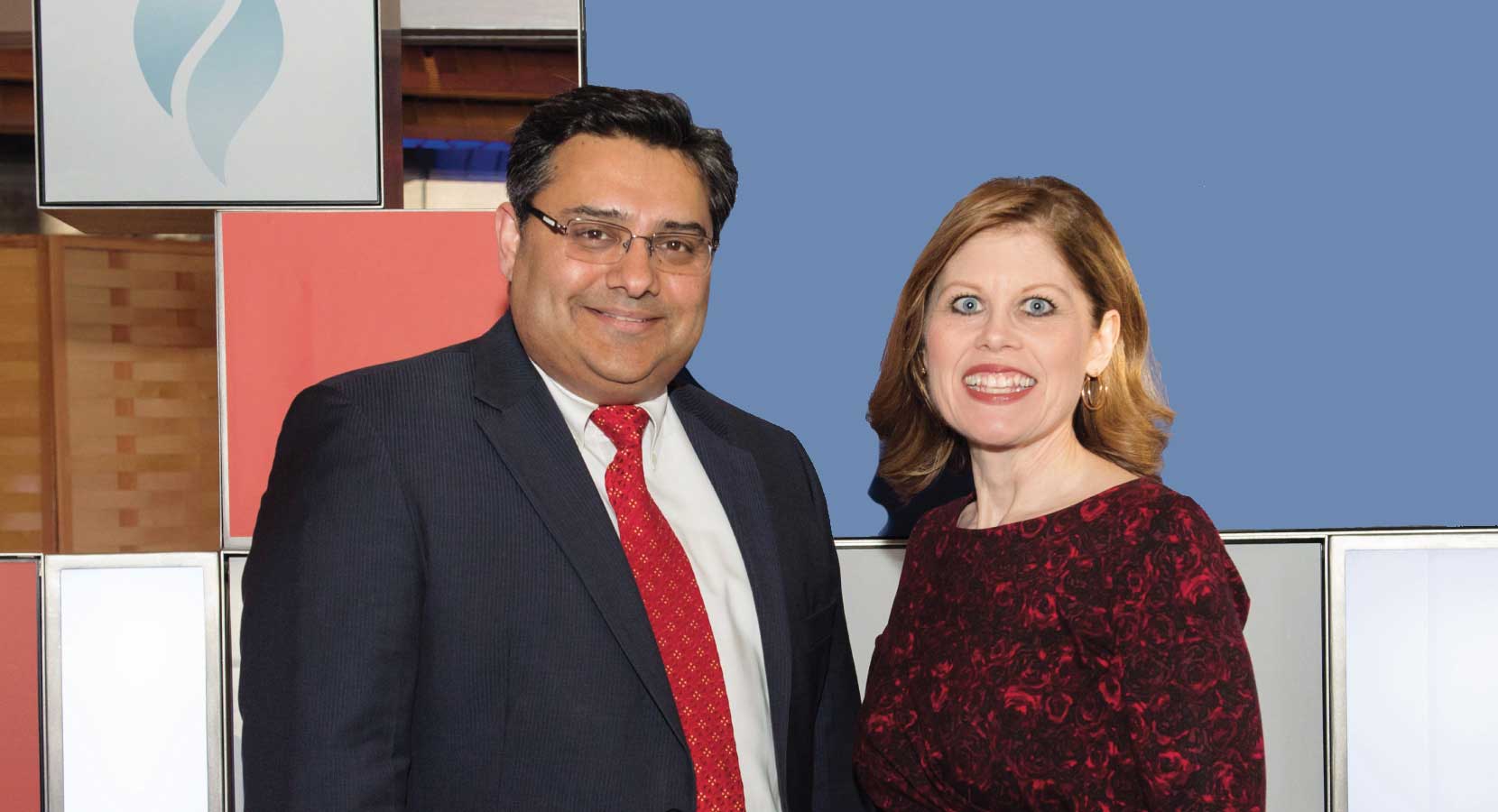
A $75 million ‘Brave Idea’ to end coronary heart disease
Nearly 9 million people die from coronary heart disease (CHD) each year—making it the world’s deadliest medical condition. Millions more are on the path to developing the disease.
In search of a radically different approach to combat the disease, the American Heart Association (AHA), Verily (an Alphabet Inc. company), and AstraZeneca came together to create One Brave Idea™, a $75 million award for one team of scientists.
Calum MacRae, MD, PhD, winner of the award, was among 349 applicants from 22 countries. His vision is to locate the point of transition from wellness to the earliest hints of CHD, and to develop new ways to diagnose, treat, and prevent the disease. For example, his team is creating a digital medical screening exam that could be used in children or young adults to determine future risk.
“The first sign of coronary heart disease is often sudden death or heart attack,” says MacRae, of Brigham and Women’s Hospital (BWH). “Our tendency has been to examine the heart and arteries. But people with the disease tend to build up cholesterol in their skin or exhibit other cellular abnormalities. Why can’t we measure these in your teen years?”

We developed One Brave Idea to disrupt the way science is conducted to pursue dramatic breakthroughs in preventing and curing coronary heart disease and its consequences. Dr. MacRae’s proposal stood out in its strategy to search for answers in new places, from your skin to the air you breathe.
MacRae’s team also plans to use tools ranging from wearable devices to geospatial mapping, a method of assessing data by ZIP code. Modern analytics such as these will enable the team to combine genetic, biological, lifestyle, and environmental measurements.
With the $75 million award, MacRae has gathered more than 50 experts from eight institutions to study individuals whose family histories put them at high risk for the disease. The next phase will examine broader populations.
“We are interested in pushing the boundaries of scientific discovery and clinical innovation, and believe we must forge creative relationships to do that,” says Jessica Mega, MD, MPH, chief medical officer of Verily. “One Brave Idea brings together key players from clinical care, life sciences, academia, and technology—all critical components of the complex healthcare ecosystem.”
The three organizations are offering additional resources to MacRae’s team beyond funding, including the AHA’s medical networks, Verily’s data analysis, and AstraZeneca’s cardiovascular research data.
“With three vastly different organizations aligned to the vision of One Brave Idea, our organizations are bringing unique expertise and mentorship to the project to help support and augment Dr. MacRae’s efforts to accelerate and follow the science of CHD and its consequences,” says Greg Keenan, MD, vice president and head of U.S. medical affairs for AstraZeneca.
“One Brave Idea offers the opportunity to change the paradigm for coronary heart disease,” MacRae says. “What we learn could also be used to shift the trajectory of other widespread, chronic diseases.”